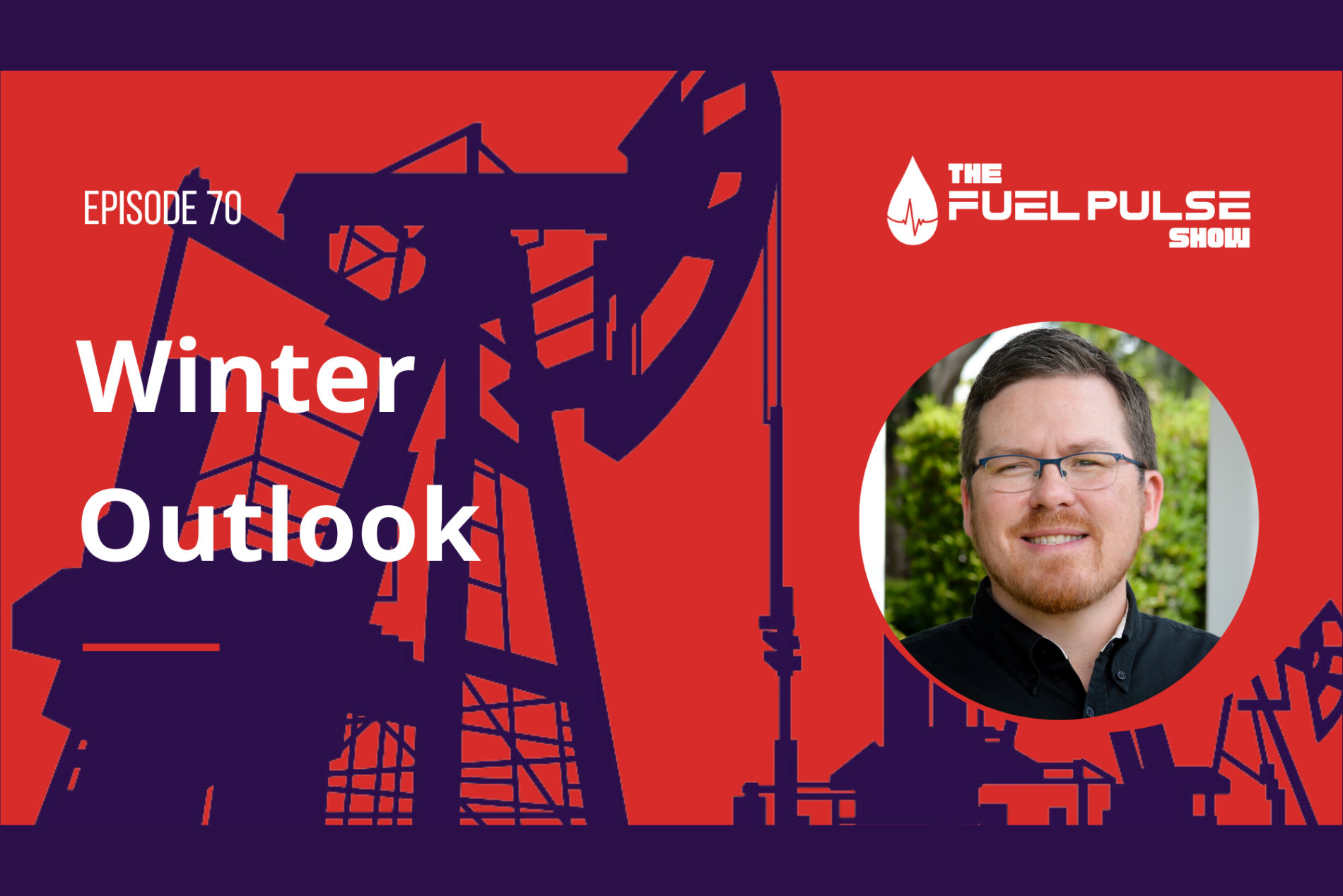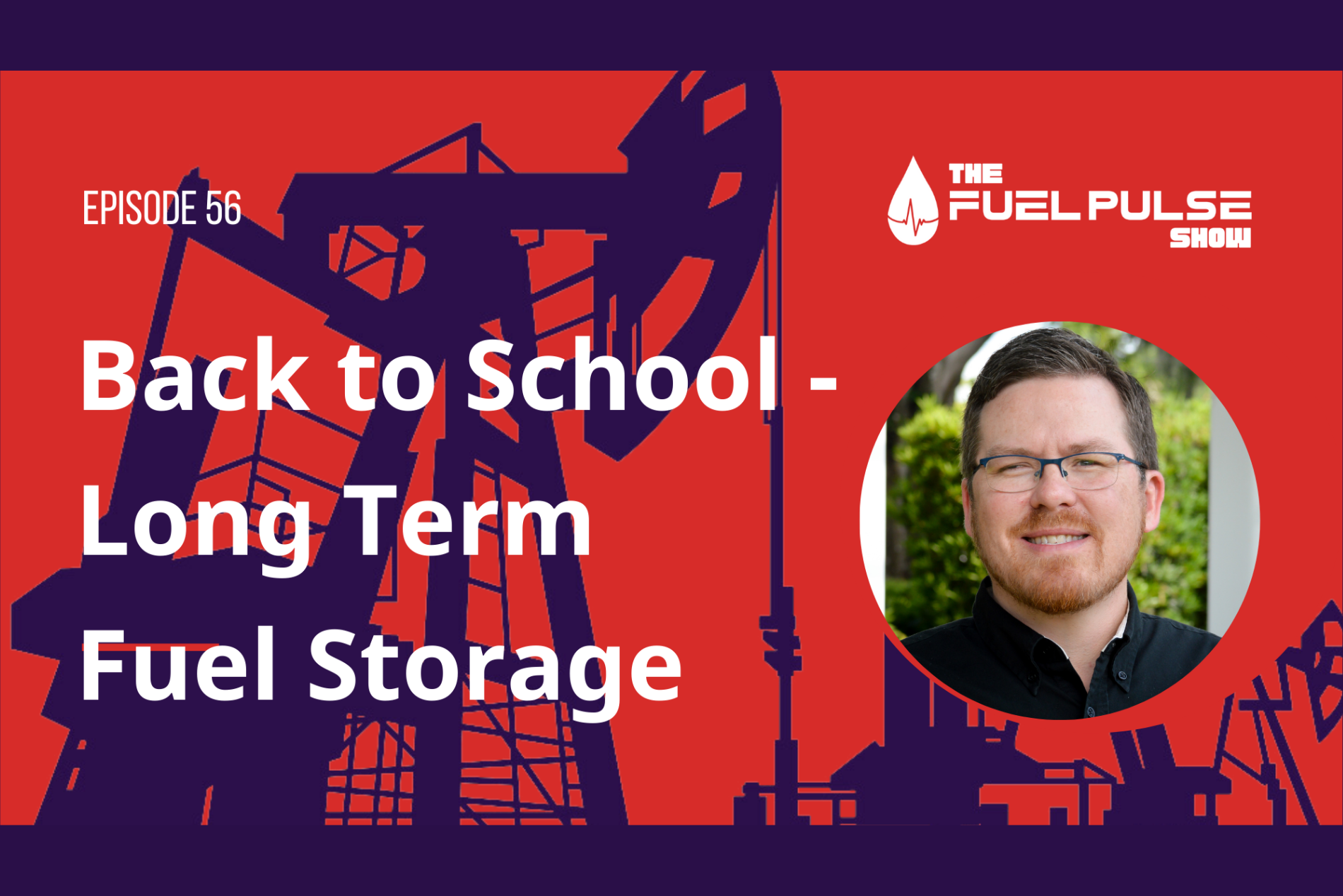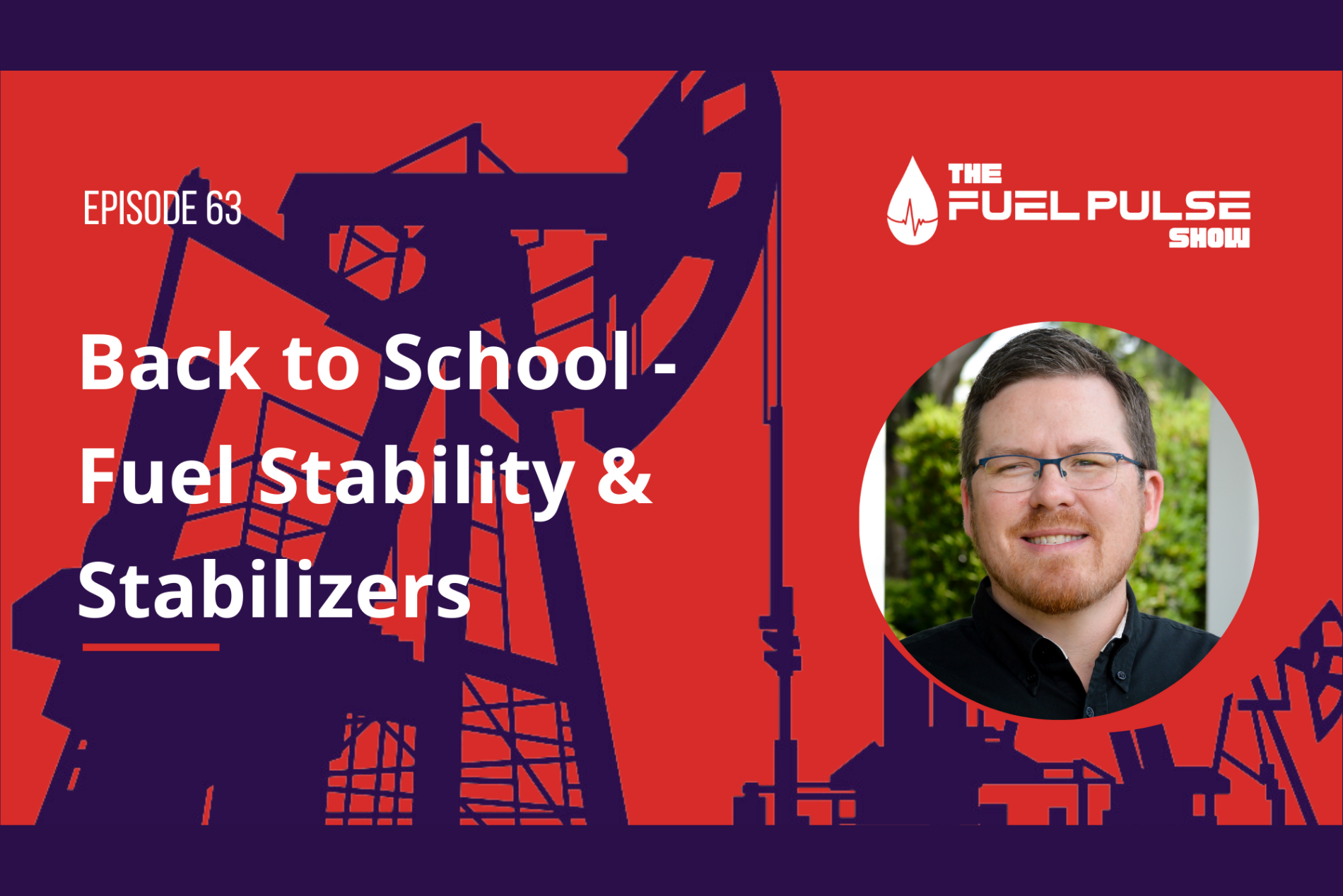Episode 070 - Winter Outlook
In Episode 70 of the Fuel Pulse Show, Erik Bjornstad provides a comprehensive analysis of the upcoming winter weather forecast across different U.S....

This episode of the Fuel Pulse Show introduces a "Back to School" series, focusing on the differences between modern Ultra Low Sulfur Diesel (ULSD) and older diesel fuels.
Host Eric Bjornstad explains how sulfur content in diesel fuel has been drastically reduced over the past 35 years due to environmental regulations. While this change has improved air quality, it has also led to new challenges in fuel management. ULSD is more prone to water absorption, microbial growth, and instability.
It also contains small amounts of biodiesel and has a lower aromatic content. The episode highlights the importance of understanding these changes for proper fuel storage and engine maintenance.
Here are three notable quotes from the podcast episode:
00:00 - Introduction to the Fuel Pulse Show and the "Back to School" series
00:58 - History of diesel fuel sulfur content regulations
02:23 - Introduction to Ultra Low Sulfur Diesel (ULSD)
02:55 - ULSD's increased problems with water content
04:48 - Biodiesel content in modern diesel fuel
06:44 - Lower aromatic content in ULSD
08:13 - Decreased stability of modern diesel fuel
09:15 - ULSD's increased susceptibility to cold flow gelling
10:00 - Recap of ULSD's characteristics and challenges

In Episode 70 of the Fuel Pulse Show, Erik Bjornstad provides a comprehensive analysis of the upcoming winter weather forecast across different U.S....

In this episode of the Fuel Pulse Show, host Erik Bjornstad delves into the basics of long-term diesel fuel storage. He explains that diesel fuel...

This episode explores the critical role of fuel stabilizers in maintaining stored fuel quality. Host Erik Bjornstad discusses why petroleum fuels...